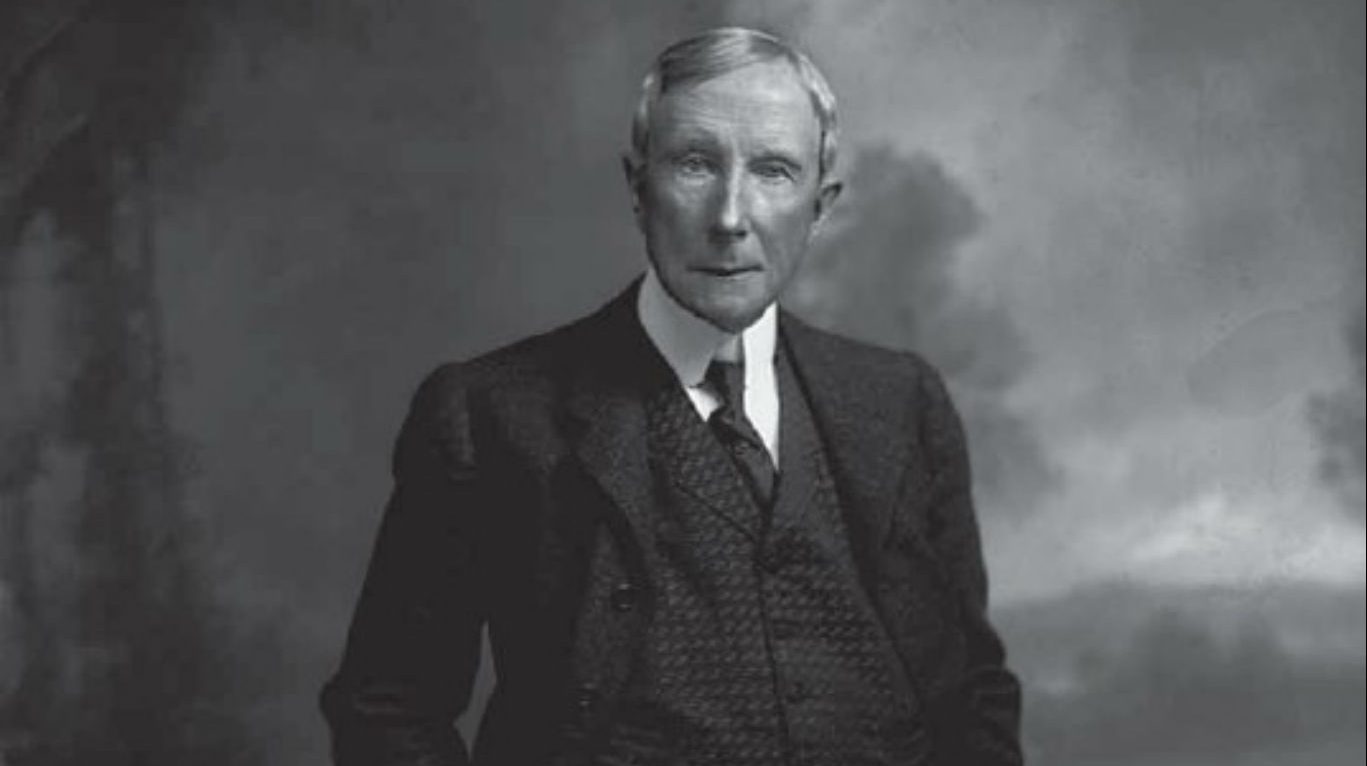
The United States is home to more than 700 billionaires, by far the most of any country. The country’s abundant natural resources, multi-trillion-dollar economy and large population make it an ideal place for someone to launch a business empire.
Throughout American history, a select few have been able to use their business savvy, good luck and, often, their family wealth to amass fortunes that are worth the equivalent of more than $50 billion in 2021 dollars.
To determine the richest Americans of all time, 24/7 Wall St. reviewed net worth estimates of wealthy Americans, both living and dead, from historical and media sources, including the Forbes Real-Time Billionaires list. We converted the estimated net worth of those who have passed away into current U.S. dollars using the consumer price index inflation calculator from the U.S. Bureau of Labor Statistics.
Of the 30 wealthiest Americans of all time that we screened to find the richest one, 13 are still alive and hold a combined net worth of over $1.3 trillion. Most of these billionaires made their fortune primarily through the tech sector.
As for the other 17 on the finalist list, many were active during the Gilded Age, a time in the late 1800s when bankers and industrialists held outsized shares of power and wealth. This time coincided with America’s westward expansion and desire to build up cities. Many of the richest Americans ever capitalized on these trends and made their fortunes in coal, steel, oil, railroads and shipping. These so-called robber barons often used shady business tactics, bribery and union-busting ploys to defeat competitors and amass their fortunes.
Much like the Gilded Age of years past, income inequality has again become a major issue in the country today for many Americans. The number of billionaires continues to grow, but lower- and middle-class income growth lags behind that of the wealthy. Even during the COVID-19 pandemic, as many Americans lost their jobs and struggled to make ends meet, the combined net worth of U.S. billionaires increased by over $900 billion.
The richest American of all time is John D. Rockefeller (1839-1937), who had an estimated net worth of $272.7 billion based on 2021 dollars.
Rockefeller was the first American billionaire and, to this day, he is by far the wealthiest American of all time. He began his business career as a merchant, dealing in goods like meats and grains. Though his business was successful, he soon turned his attention to the oil industry, sensing an opportunity for greater wealth. In 1870, Rockefeller and his business partners founded Standard Oil, one of the most successful companies in American history.
Rockefeller pioneered concepts like vertical integration. By controlling many facets of the supply chain of his oil business, he could keep costs low and margins high. He also figured out a way to standardize the quality of oil, which had been poor up to that point. A decade after its founding, Standard Oil controlled over 90% of all oil production in America. The Supreme Court eventually broke up Standard Oil in 1911, citing antitrust laws, but by then Rockefeller had become America’s first billionaire and amassed his fortune.
Click here to see the 30 richest Americans of all time.
Is Your Money Earning the Best Possible Rate? (Sponsor)
Let’s face it: If your money is just sitting in a checking account, you’re losing value every single day. With most checking accounts offering little to no interest, the cash you worked so hard to save is gradually being eroded by inflation.
However, by moving that money into a high-yield savings account, you can put your cash to work, growing steadily with little to no effort on your part. In just a few clicks, you can set up a high-yield savings account and start earning interest immediately.
There are plenty of reputable banks and online platforms that offer competitive rates, and many of them come with zero fees and no minimum balance requirements. Click here to see if you’re earning the best possible rate on your money!
Thank you for reading! Have some feedback for us?
Contact the 24/7 Wall St. editorial team.



